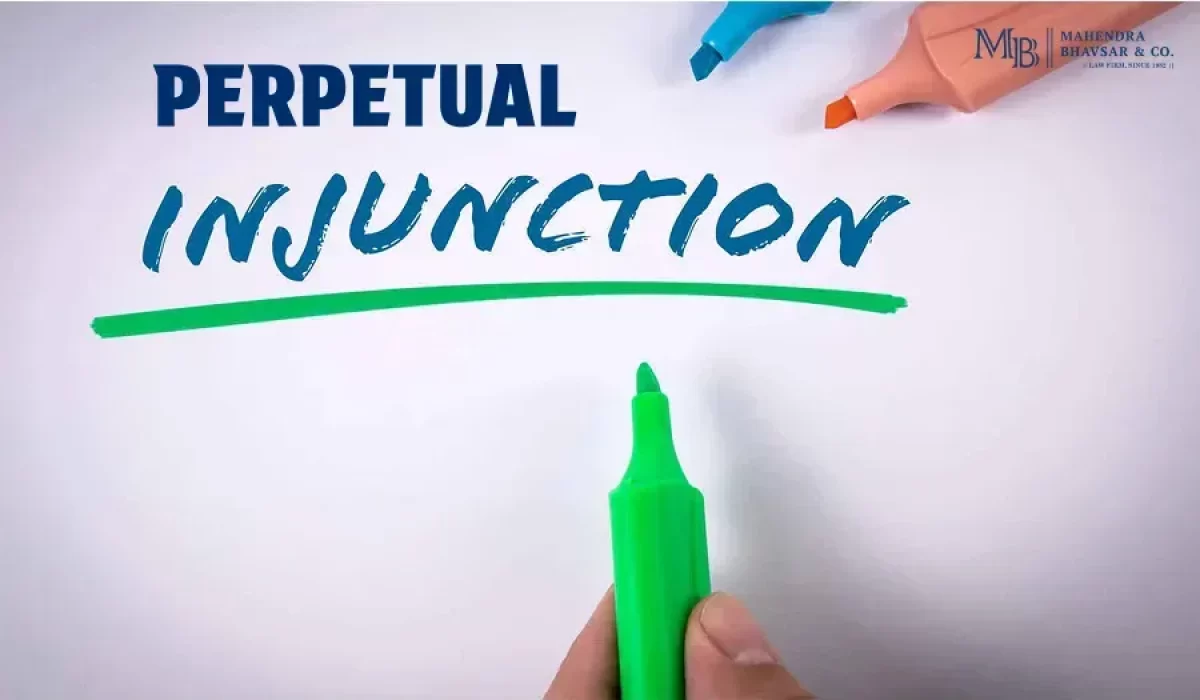Introduction
In Bhudev Mallick alias Bhudeb Mallick & Anr. v. Ranajit Ghoshal & Ors., Civil Appeal No. 2248 of 2025 (SLP (C) No. 21328 of 2023), decided on 17 January 2025, the Supreme Court reaffirmed the enforceability of decrees of permanent injunction even decades after their issuance. The Court addressed procedural irregularities in the execution of such decrees, particularly focusing on the requirement of wilful disobedience and the procedural safeguards under Order XXI of the Code of Civil Procedure, 1908 (CPC).
1. Factual Background and Procedural History
- The original decree of permanent injunction was granted by the Subordinate Judge, Hooghly, on 26.06.1976 in Title Suit No. 25 of 1965, affirming the decree holders’ title and restraining the judgment debtors from disturbing possession of the suit property.
- An appeal filed by the judgment debtors in 1976 was allegedly disposed of on 10.06.1980, though details of its outcome were unclear.
- In 2017, i.e., over 40 years later, the decree holders initiated Execution Case No. 1 of 2017, claiming violation of the permanent injunction by the judgment debtors.
- The executing court allowed the execution ex parte on 04.09.2019, ordering arrest for 30 days and attachment of property of the judgment debtors.
- The High Court of Calcutta dismissed the judgment debtors’ revision under Article 227 of the Constitution.
- The appellants approached the Supreme Court contesting both the maintainability of the execution and procedural impropriety.
2. Identification of Legal Issues
- Whether a decree of permanent injunction can be executed after more than 40 years from its grant.
- Whether an execution court can order arrest and property attachment without recording a finding of wilful disobedience.
- Whether procedural safeguards under Order XXI Rules 11-A and 32 CPC were violated.
- Whether the High Court erred in refusing to interfere under Article 227.
3. Arguments of the Parties
Appellants (Judgment Debtors):
- Argued that the execution petition was barred by limitation, being filed 40 years after the decree.
- Contended that the arrest and detention order was passed without complying with Order XXI Rule 11-A CPC, which requires stating grounds or an affidavit.
- Claimed they were denied an opportunity to file objections, and no finding was made on wilful disobedience.
- Asserted that the High Court failed to identify the jurisdictional error committed by the executing court.
Respondents (Decree Holders):
- Argued that there is no limitation for enforcing decrees of perpetual injunction under Article 136 of the Limitation Act, 1963.
- Submitted that once the decree is violated, execution is maintainable irrespective of time lapse.
- Justified the ex parte execution as based on evidence of interference with possession and repeated complaints to police.
4. Court’s Analysis and Reasoning
No Limitation for Perpetual Injunction Execution
The Court upheld that under Article 136 (proviso) of the Limitation Act, decrees for perpetual injunction are not subject to any limitation period, reaffirming the position in Jai Dayal v. Krishan Lal Garg and Maga Ram v. Kana Ram.
“The decree for permanent injunction can be enforced… when the judgment debtor tries to disturb the peaceful possession of the decree holder…”
Mandatory Procedure under CPC Not Followed
- The Court emphasized that under Order XXI Rule 32(1) and Rule 11-A CPC, arrest and attachment can only be ordered upon a specific finding of wilful disobedience.
- The executing court failed to record such a finding and relied merely on allegations without adequate material evidence.
- Absence of a detailed affidavit or verification of facts made the order vulnerable.
Jurisdictional Error Recognized
The Supreme Court criticised the High Court for summarily dismissing the revision, noting that it failed to recognise the procedural and jurisdictional irregularities:
“It is very easy for the High Court to say that there is no jurisdictional error… but the court should be mindful of the consequences that would follow…”
Clarification of Jurisdictional Error
The Court elaborated on what constitutes a jurisdictional error—including ignoring material evidence, failing procedural fairness, or misapplying legal requirements—and held that the execution order suffered from such an error.
5. Final Conclusion and Holding
The Supreme Court allowed the appeal and:
- Set aside the order of the executing court directing arrest and attachment.
- Reversed the High Court’s order dismissing the revision petition.
- Reiterated that while perpetual injunctions can be enforced at any time, due process must be strictly followed.
Key Holding:
“Execution of a perpetual injunction is not time-barred, but its enforcement must follow the mandatory procedure under the CPC, including evidence of wilful disobedience.”
FAQs:
1. Can a permanent injunction decree be executed after decades?
Yes. The Supreme Court confirmed there is no limitation period for executing a decree of perpetual injunction, as per Article 136 of the Limitation Act.
2. What safeguards must courts follow before arresting a judgment debtor in execution?
Courts must find that the judgment debtor wilfully disobeyed the injunction and provide reasons based on evidence, in compliance with Order XXI Rule 32 CPC.
3. Is filing an affidavit mandatory when seeking arrest in execution proceedings?
Yes. Under Order XXI Rule 11-A CPC, the execution application must state grounds or be accompanied by an affidavit, failing which arrest cannot be ordered.
4. Can a High Court refuse to interfere with procedural irregularities in execution?
No. The High Court must intervene under Article 227 when there are jurisdictional errors, such as failure to follow mandatory legal procedures.
5. What constitutes wilful disobedience in execution of injunction decrees?
Wilful disobedience involves deliberate non-compliance with a binding decree, proven with clear evidence. Mere allegations without proof are insufficient.
Stay informed with insights that matter. Follow us for more updates on key legal developments.
Disclaimer
The content provided here is for general information only; it does not constitute legal advice. Reading them does not create a lawyer-client relationship, and Mahendra Bhavsar & Co. disclaims all liability for actions taken or omitted based on this content. Always obtain advice from qualified counsel for your specific circumstances. © Mahendra Bhavsar & Co.
